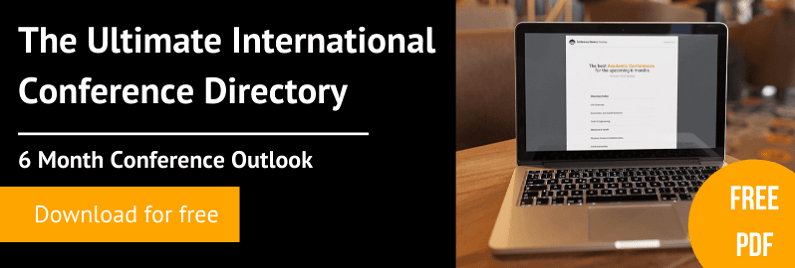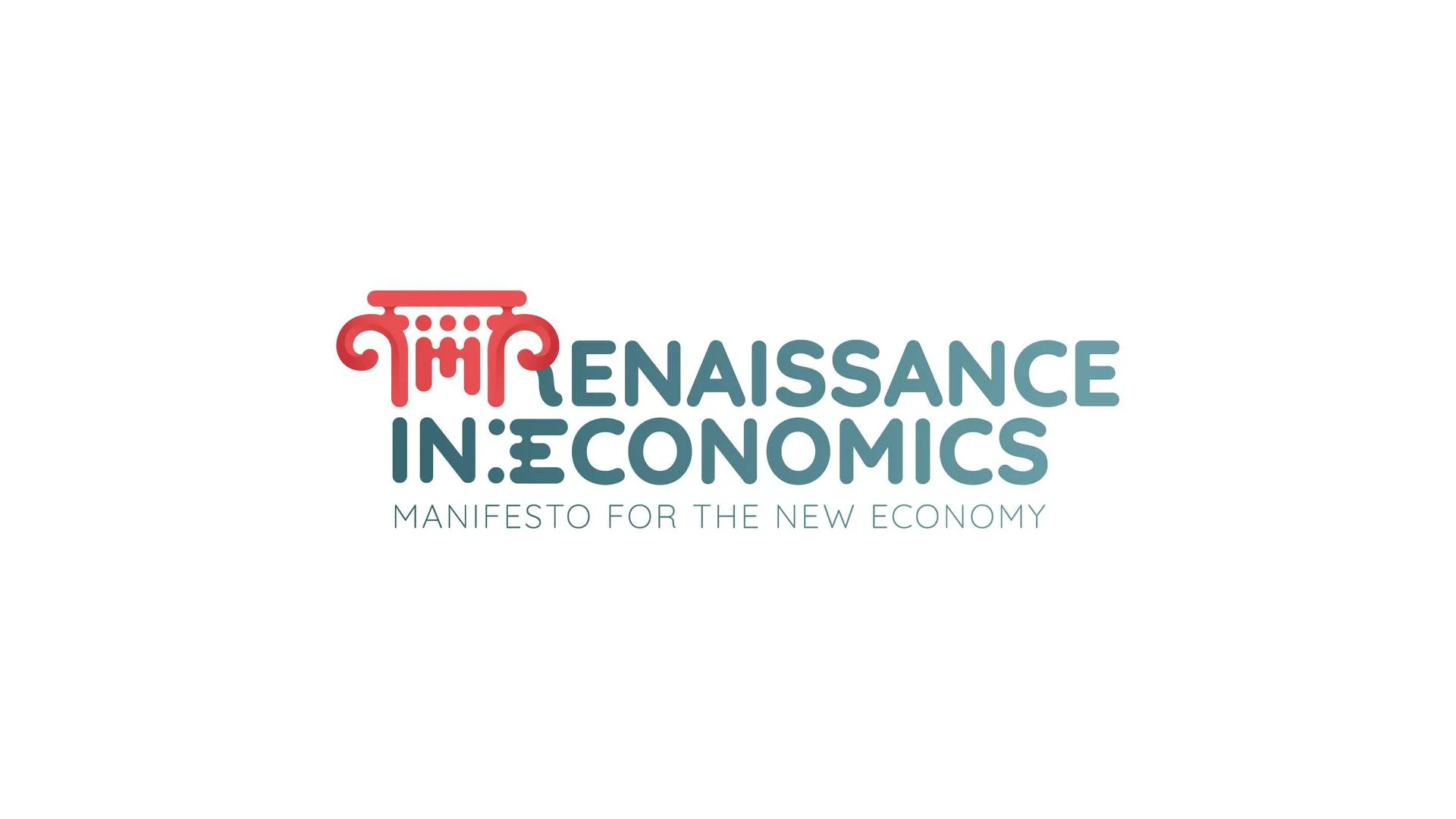
How to Write a Successful Motivation for a Conference
Read a summary using the INOMICS AI tool
When you apply to present at a conference, you'll often be asked to provide a letter of motivation along with your abstract and CV. This is used to decide which applicants will be invited to give a talk or poster presentation at the conference. But what information should this letter of motivation contain, and what's the best way to increase your chance of being accepted to present? Here are our tips for writing a motivation letter for a conference:
Download the Conference Monkey Directory - 6 Month Conference List
Start with the basics: your name, institutional affiliation, and a very brief career recap
You should open your letter of motivation by introducing yourself and giving basic information on your current role and the current topic of your research. You may want to include a sentence in which you mention the positions you have held previously, or any grants which you have been recently awarded. However, the majority of your letter should be about your research rather than about yourself, so keep this section short and to the point.
Give a basic description of your research
You don't need to describe the exact details of your research, such as the experimental methods used or the results which you have gathered so far, as this information should be contained in your abstract. But you should give a simple summation of which sub-field you work in and what your research is about. Keep this general, as the people reading it may not be experts in your area. Imagine you were describing your work to a friend who works outside of academia and writes a few sentences about your research in this style.
Fit your topic to the conference theme
As well as a general topic or subject which they cover, many conferences will have a theme which is different each year. The theme will typically reflect a large or important issue in the field which has been prominent over the year. If you can find a way to fit your research into the conference theme, this will greatly improve your chance of being accepted. The fit doesn't have to be perfect, but the themes are usually designed to be flexible, so put a sentence into your abstract about how your findings do or will impact on the theme and you'll make your presentation more relevant for the conference organisers and the audience.
Be specific about the benefits of your research
You probably know that you should describe all the ways that your research could have an impact on the field, in order to persuade the conference organisers that the attendees would benefit from hearing about your work. However, you should avoid the common mistake of describing the benefits of your work in generic terms. For example, “This work will help to develop a complete understanding of [this particular sub-field]” is too vague and is not convincing.
Instead, be specific about the benefits of your work, for example, “This work will add the perspective of [a particular group] which is currently missing from analyses in [this particular subfield].” Also, make sure to note why your research timely and of relevance at this time in particular. For example, “Following the publication of [major work] last year,” or “With the [major world event] approaching next year, this research adds [a new perspective/important data/a new theoretical framework or idea] which is important at this time because...”
Describe how your research is relevant to the conference audience
Also, you should consider why your work would be of interest not only to other members of your field in general but to the audience at this conference in particular. For example, if you work in psychology in the field of mental health, and you are applying to a conference with a strong clinical focus, then you could describe why your work would be useful to clinicians for their practice. Or if you are applying for an interdisciplinary conference, describe the relevance of your work to the other fields represented at the conference.
Download the Conference Monkey Directory - 6 Month Conference List
Top Blog Posts to Read:
What's the difference between a conference, a seminar, a workshop and a symposium?
8 Benefits of Attending Conferences
What Should Women Wear to Academic Conferences?
What Should Men Wear To Academic Conferences?
A Guide to Asking Good Questions at Conferences
How To Improve Your Public Speaking
-
- Taller
- Posted 2 days ago
3rd Development Economics Workshop (DEW 2026) – Durham University Business School
Between 9 Jun and 10 Jun in Durham, Reino Unido
-
- Conferencia
- Posted 1 month ago
Call For Papers - Conference on Occupational Mismatch and Skill Shortage September 10-11, 2026, Naples, Italy
Between 10 Sep and 11 Sep in Naples, Italia
-
- Conferencia
- Posted 3 weeks ago
Call for Papers 2026 Vienna-Copenhagen Conference on Financial Econometrics
Between 13 Aug and 15 Aug in Vienna, Austria













